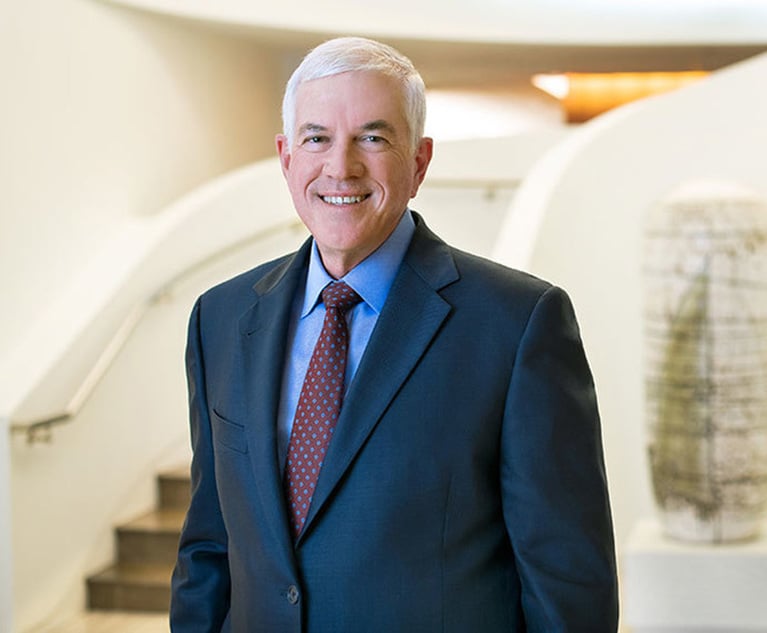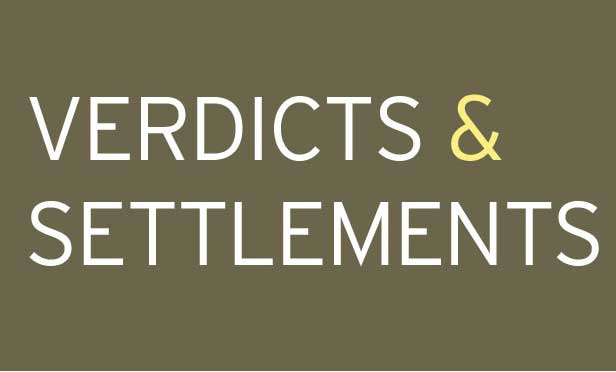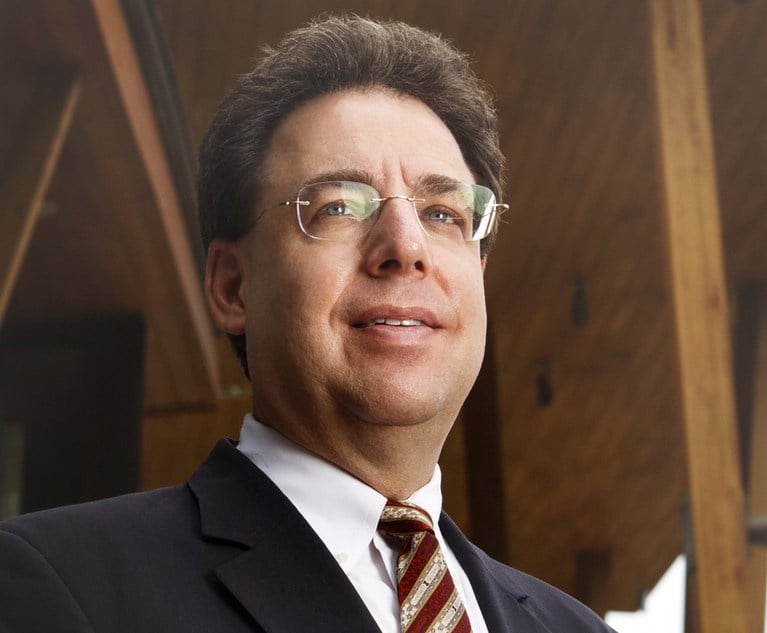I represent an executor in an estate and I have discovered illegal activity by the executor involving the estate. Do I have a mandatory duty to tell the beneficiaries?
The question is an interesting one, but if there is dishonesty with the representation of the estate and a misuse of funds by the executor, there is clearly a discretionary duty that would allow the attorney to reveal the information to the beneficiaries of the estate. Under the confidentiality rule, Rule 1.6(c), there is a discretionary right to reveal information that the lawyer reasonably believes necessary to prevent a client from committing a criminal act that would result in substantial injury to a financial interest or property of another, or to prevent, mitigate, or rectify the consequences of a client’s criminal or fraudulent acts in a commission in which the lawyer’s services had been used. See Rule of Professional Conduct 1.6(c)(2),(3). Therefore, the lawyer would have the right to report serious misconduct that affects estate funds or for which the lawyer’s services were improperly used to the beneficiaries who would be the victims of that misconduct.
This content has been archived. It is available through our partners, LexisNexis® and Bloomberg Law.
To view this content, please continue to their sites.
Not a Lexis Subscriber?
Subscribe Now
Not a Bloomberg Law Subscriber?
Subscribe Now
LexisNexis® and Bloomberg Law are third party online distributors of the broad collection of current and archived versions of ALM's legal news publications. LexisNexis® and Bloomberg Law customers are able to access and use ALM's content, including content from the National Law Journal, The American Lawyer, Legaltech News, The New York Law Journal, and Corporate Counsel, as well as other sources of legal information.
For questions call 1-877-256-2472 or contact us at [email protected]


 Chester County lawyer Samuel C. Stretton. Courtesy photo
Chester County lawyer Samuel C. Stretton. Courtesy photo




